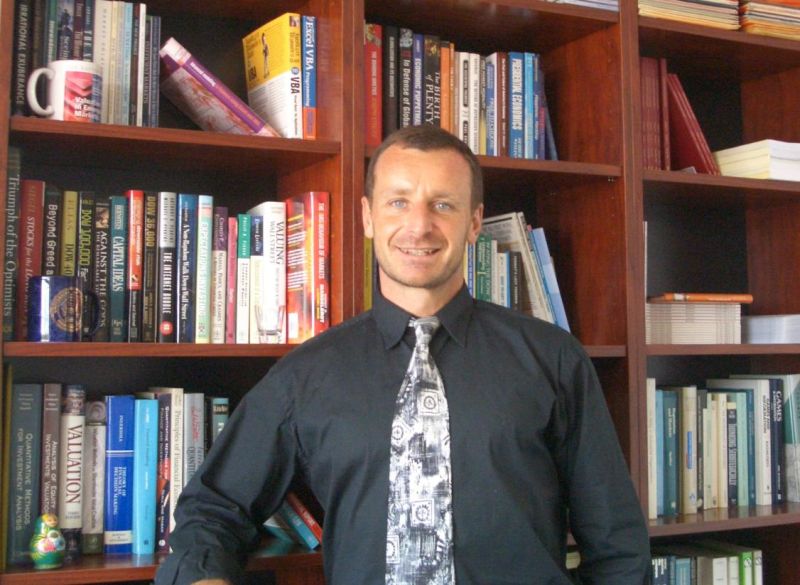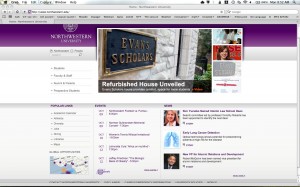
Though the publishing industry is on the rocks, I’ve been getting The Atlantic Monthly for more than 20 years. It’s a great general interest publication that has contained some of my all-time favorites, like “Why McDonalds French Fries Taste So Good,” “The Truth About Dogs,” and the extraordinary “Laws Concerning Food and Drink.” I often will send these to my former students in the Peace Corps, who are always happy to get something interesting. Actually, they are happy to get anything, period.
I was reminded of these when my renewal notice came along with my latest edition and I was wondering whether I should continue to support these guys. The answer was a resounding yes.
Why?
Here are few sample sentences from this month’s issue to wet your beak:
Simpson is not yet selling his rum by the bottle—he serves it at his bar and trades it for other exotic liquors—but I had a chance to try it recently when a sample arrived in the mail. It came in Simpson’s standard packaging: a used whiskey bottle tightly wrapped in a brown paper bag, the cap sealed with duct tape. “Gunpowder on the Rocks“
Then there is this strange and horrifying image:
Many of the visitors to the tin-roofed shrine labeled Pol Pot Cwmation site in Anlong Veng are local men who light incense in the hope that the spirit of the murderous Communist leader will provide them with money for prostitutes. “Dark Tourism“
And, finally, this bit of comedy of absurdity, also strange and horrifying in a different dimension:
“If you’re a terrorist, you’re going to hide your weapons in your anus or your vagina.” He blushed when I said “vagina.”
“Yes, but starting tomorrow, we’re going to start searching your crotchal area” — this is the word he used, “crotchal” — and you’re not going to like it.” “For the First Time, TSA Meets Resistance“
And all that is before I’ve gotten to the feature articles I want to read, which generally run about 2000 words longer than a reasonable person would find reasonable.
The economics writing is a different matter, a lot of what Paul Krugman used to call “pop internationalism.” I remember reading a cover story when I was in grad school called “Head to Head,” where Lester Thurow was arguing that the Japanese and Europeans were going to bury the US in the 1990s (I don’t see that one in the archives now?). It’s not clear why they keep giving that guy space. But, I don’t read it for the economics.
So there you have it, my pitch for you to subscribe to The Atlantic.
 Those of you who think that “quantitative easing” means that we’ve relaxed the general education requirements might consider cracking a newspaper — or the virtual equivalent.
Those of you who think that “quantitative easing” means that we’ve relaxed the general education requirements might consider cracking a newspaper — or the virtual equivalent.







